Picture of Plato
Corbis-Bettmann. From sculpture in the Vatican, Rome.
Plato
Plato was a Greek philosopher who lived between 427-327 B.C. In 387 B.C., he founded the Academy in Athens, a school which flourished for about 1,000 years and made many important scientific and mathematic discoveries.
Although Plato made no important discoveries in mathematics himself, he played a crucial role in developing a systematic approach to mathematics, one involving rigorous proofs and accurate definitions. You see, he believed in absolute truths. And he believed that mathematics was the key to those truths. Such a belief in order and mathematical explanations was to spur the Greeks on to find an explanation for that what they saw in the sky. Many say that with teachers like Socrates and Plato, the Greeks were bound to try to explain the seemingly unordered movement of the planets.
Plato is also considered the inventor of philosophic argument, having written several works involving Socratic dialoque, such as The Republic.
You might also be interested in:

What types of instructional experiences help K-8 students learn science with understanding? What do science educators teachers, teacher leaders, science specialists, professional development staff, curriculum designers, school administrators need to know to create and support such experiences?
...more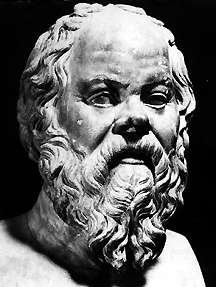
Socrates was a Greek philosopher who lived between 470-399 B.C. He turned Greek attention toward questions of ethics and virtue and away from those of the heavenly bodies. Socrates spent much time in
...more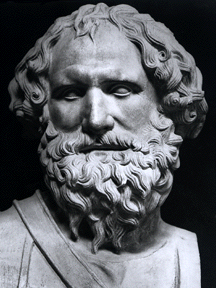
Archimedes was a Greek mathematician and engineer who lived between 287-212 B.C. His greatest contributions are in the field of geometry, where he identified the relationship of a sphere and cylinder's
...more
Aristotle was a Greek philosopher who lived between 384-322 B.C. He was one of the greatest thinkers of the world and his written works encompassed all major areas of thought: logic, science, metaphysics,
...more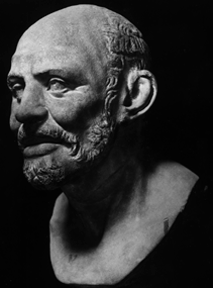
Democritus was a Greek philosopher who lived between 470-380 B.C. He developed the concept of the 'atom', Greek for 'indivisible'. Democritus believed that everything in the universe was composed of atoms,
...more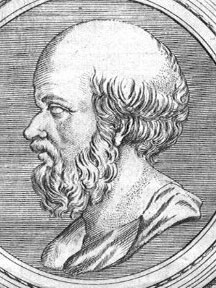
Eratosthenes was an ancient Greek astronomer, geographer, and mathematician. He lived from 276 to 194 B.C. Eratosthenes is most famous for making the first accurate measurement of the circumference of
...more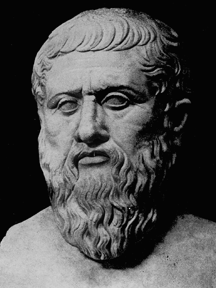
Plato was a Greek philosopher who lived between 427-327 B.C. In 387 B.C., he founded the Academy in Athens, a school which flourished for about 1,000 years and made many important scientific and mathematic
...more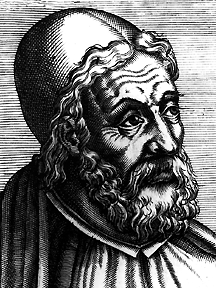
Ptolemy was a Greek astronomer who lived between 85-165 A.D. He put together his own ideas, those of Aristotle, and Hipparchus' system of epicycles and eccentric circles, to formulate the geocentric theory.
...more














